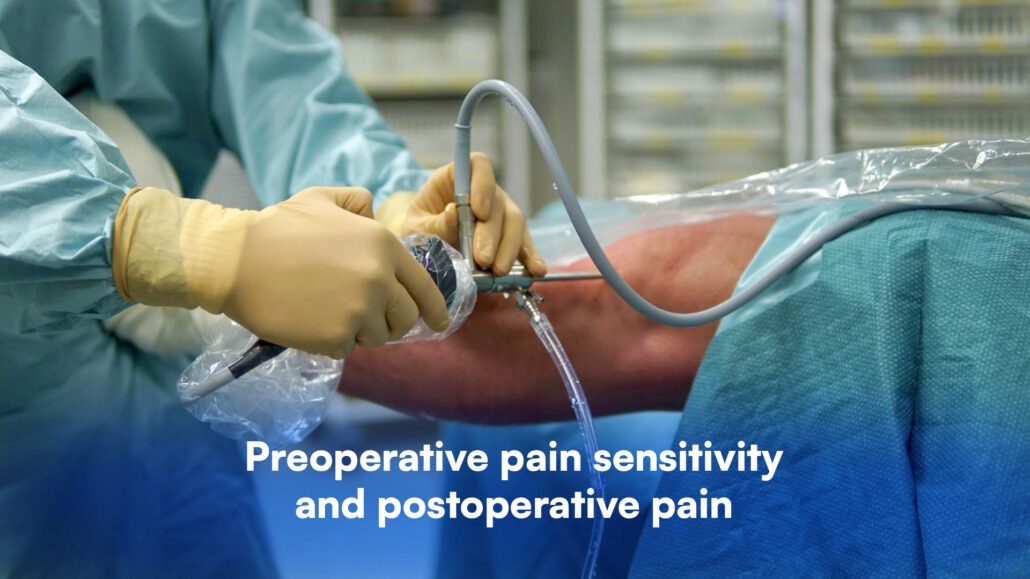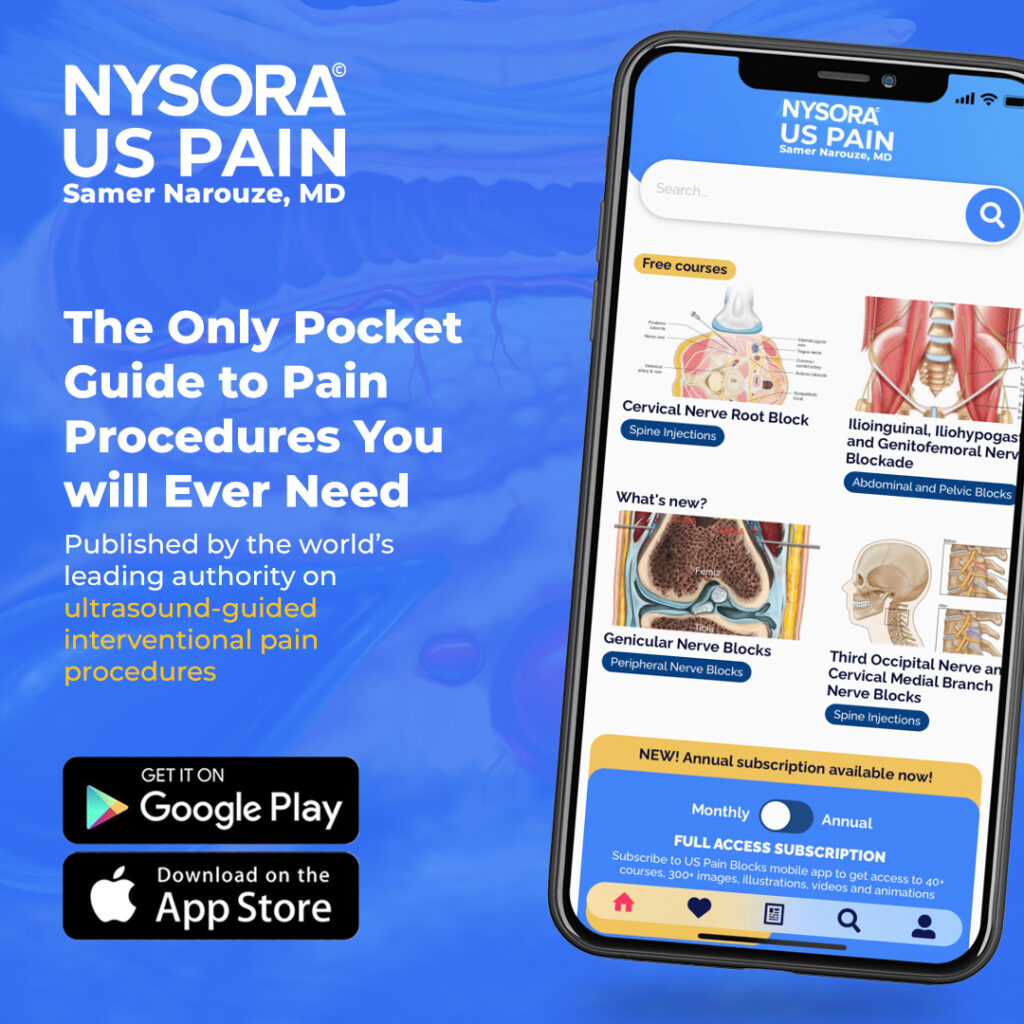
Understanding preoperative pain sensitivity and its role in postoperative pain management
Preoperative pain sensitivity (PPS) is increasingly recognized as a significant factor in predicting postoperative pain outcomes. According to a 2024 systematic review and meta-analysis published in the British Journal of Anaesthesia, PPS has notable correlations with both acute and chronic postoperative pain. The findings from this study provide insights into how pain thresholds before surgery can inform the management of postoperative pain, especially in high-risk patients.
What is preoperative pain sensitivity (PPS)?
Preoperative pain sensitivity refers to how individuals perceive and tolerate pain before surgery. This sensitivity can be evaluated using various methods, such as:
- Quantitative Sensory Testing (QST): Includes methods like pressure, heat, and electrical pain thresholds.
- Pressure Pain Threshold (PPT): Measures the minimum pressure that causes pain.
- Electrical Pain Threshold (EPT): Measures pain in response to electrical stimulation.
- Temporal Summation of Pain (TSP): Assesses how pain increases with repeated stimuli.
- Pain Sensitivity Questionnaire (PSQ): A self-reported tool where patients rate the perceived intensity of everyday painful situations.
Key findings
The meta-analysis included 70 prospective observational studies with over 8,300 patients, evaluating the correlation between PPS and postoperative pain. The results provide a foundation for developing tailored pain management strategies.
Key takeaways from the study include:
- Lower pressure and electrical pain thresholds (PPT, EPT) before surgery are linked to increased acute postoperative pain.
- Higher temporal summation of pain (TSP) is associated with both acute and chronic postoperative pain.
- PSQ was only linked to acute postoperative pain but showed no significant association with chronic pain.
Acute vs. chronic postoperative pain
The study highlights the different mechanisms behind acute and chronic postoperative pain:
- Acute pain: Most strongly linked with preoperative pressure and electrical pain thresholds.
- Chronic pain: Only TSP shows a significant correlation, emphasizing its role in the long-term management of postoperative discomfort.
Why preoperative pain sensitivity matters in postoperative pain management
Identifying patients with abnormal PPS before surgery can lead to:
- Tailored analgesic strategies: Patients at high risk for severe pain can receive targeted pain relief approaches.
- Improved postoperative recovery: By addressing pain sensitivity early, the risks of prolonged opioid use, readmission, and chronic pain are reduced.
- Multimodal analgesia: For high-risk patients, combining multiple pain relief methods can reduce the likelihood of acute pain becoming chronic.
Clinical tips to optimize pain management in high-risk patients
If a patient is identified as having high preoperative pain sensitivity, clinicians can follow these steps for effective pain management:
- Preoperative assessment: Use QST or PSQ to identify pain sensitivity levels.
- Tailor analgesic plans: Consider adding regional anesthesia or multimodal analgesia for patients with low pain thresholds.
- Monitor postoperative pain closely: Patients with high pain sensitivity should be monitored frequently in the immediate postoperative period.
- Prevent chronic pain: Focus on preventing acute pain from transitioning into chronic pain through early intervention and continuous pain management strategies.
- Implement psychological support: Address potential anxiety or catastrophizing, which can exacerbate postoperative pain.
Conclusion
The relationship between preoperative pain sensitivity and postoperative pain provides a new avenue for personalized pain management strategies. By assessing patients’ pain sensitivity before surgery, healthcare providers can better predict and manage postoperative pain, ultimately improving patient outcomes and reducing the risk of chronic pain development.
Check out the British Journal of Anesthesia study for more information about how pain sensitivity affects surgical outcomes.
Wu F, Liu J, Zheng L, et al. Preoperative pain sensitivity and its correlation with postoperative acute and chronic pain: a systematic review and meta-analysis. British Journal of Anaesthesia. 2024;133(3):591-604.
Eager to learn about (chronic) pain management techniques? Download NYSORA’s US Pain App!




